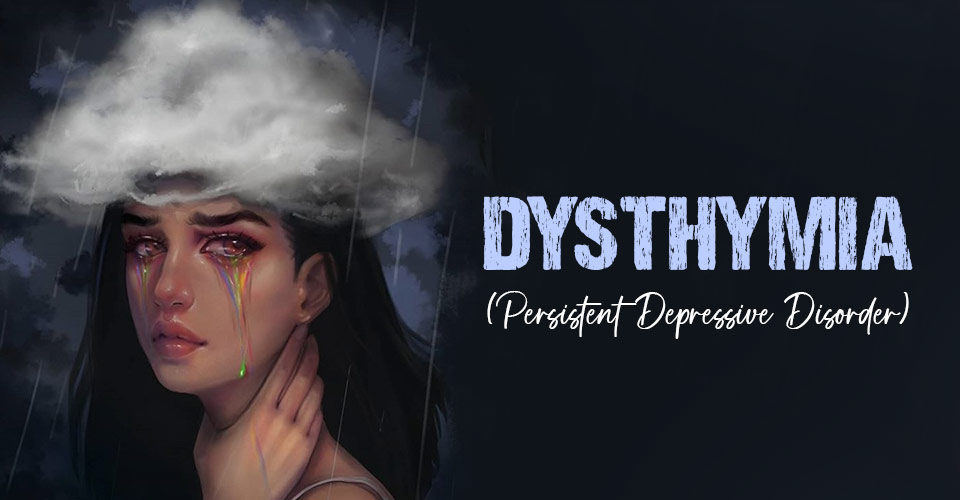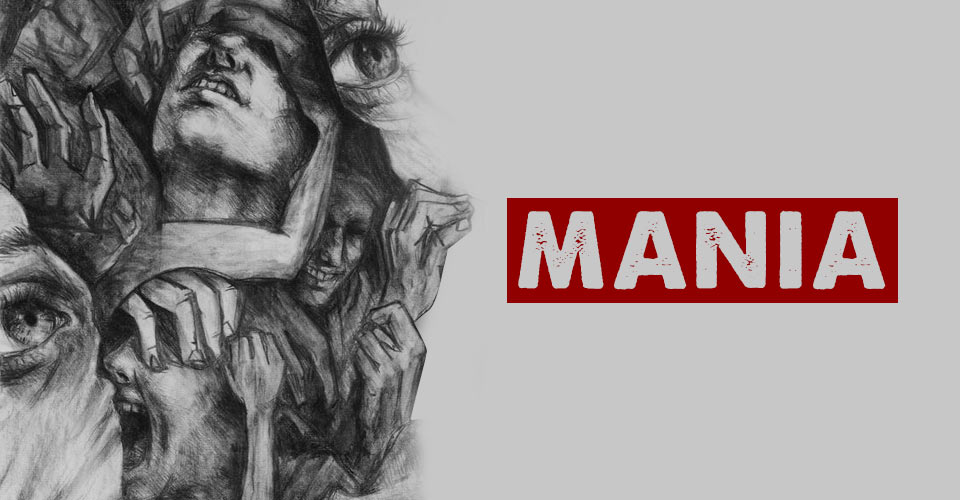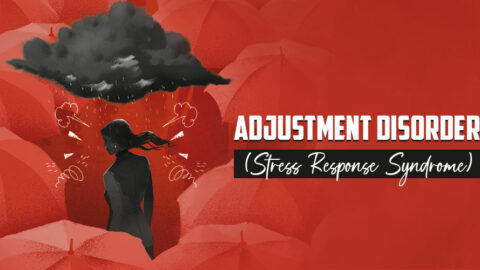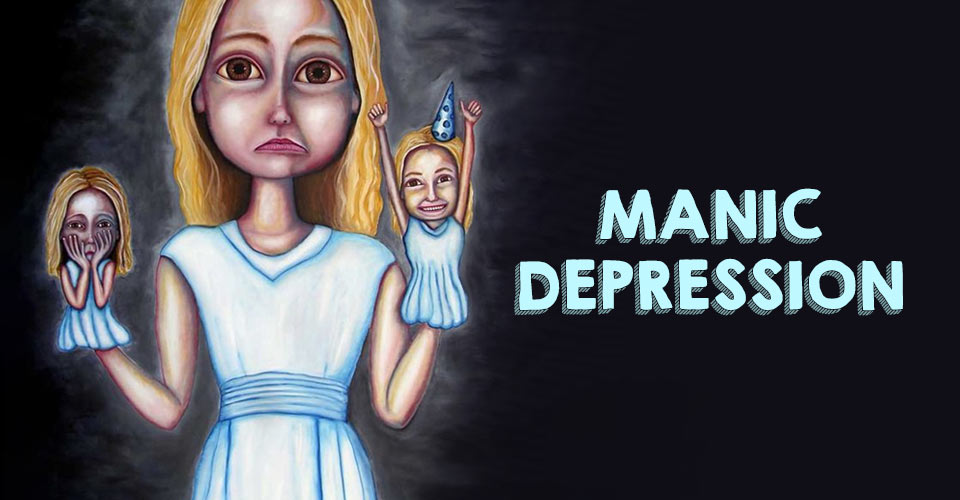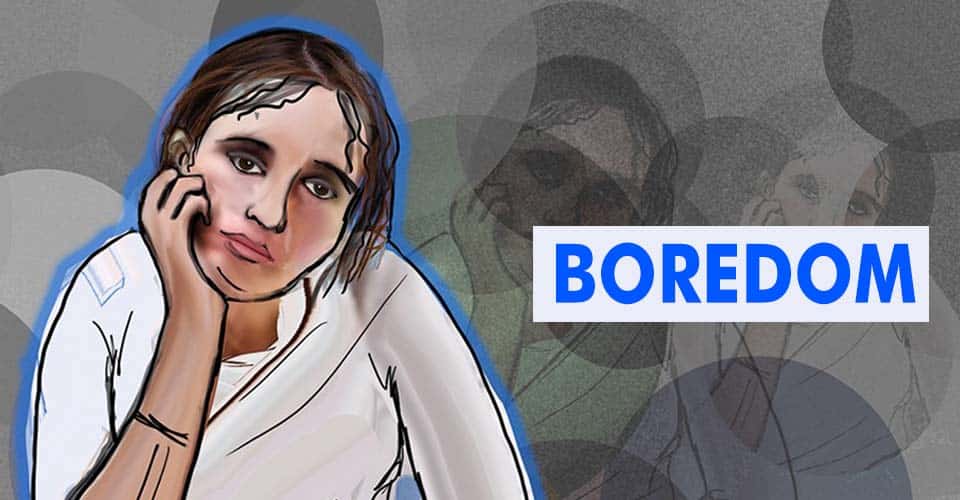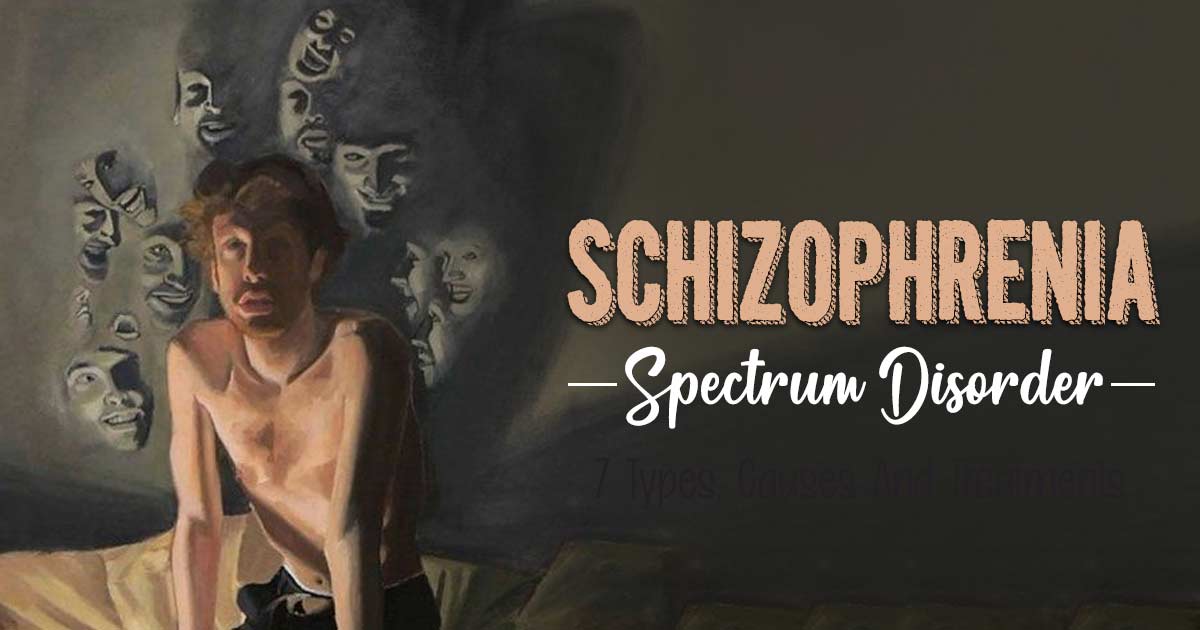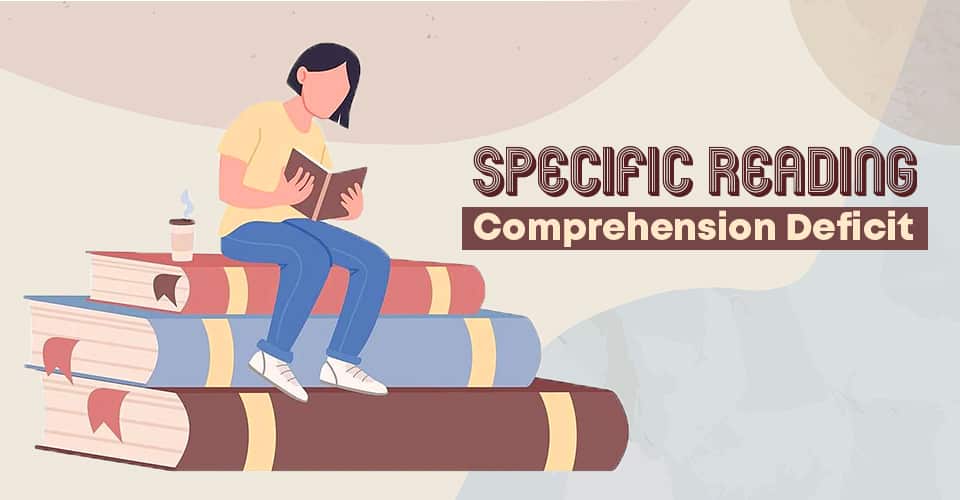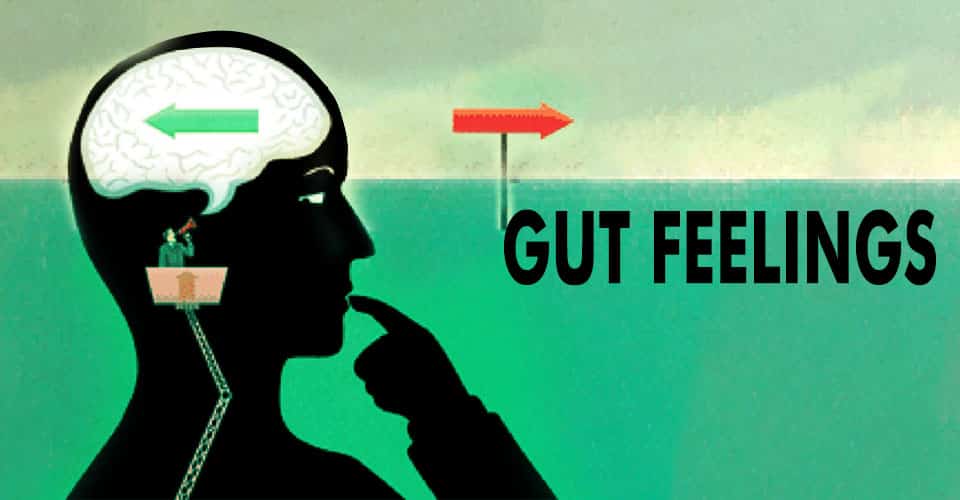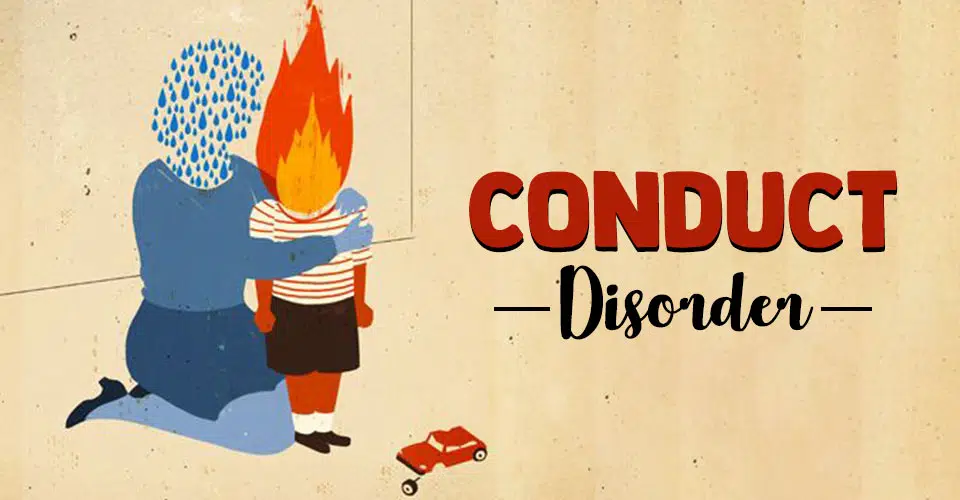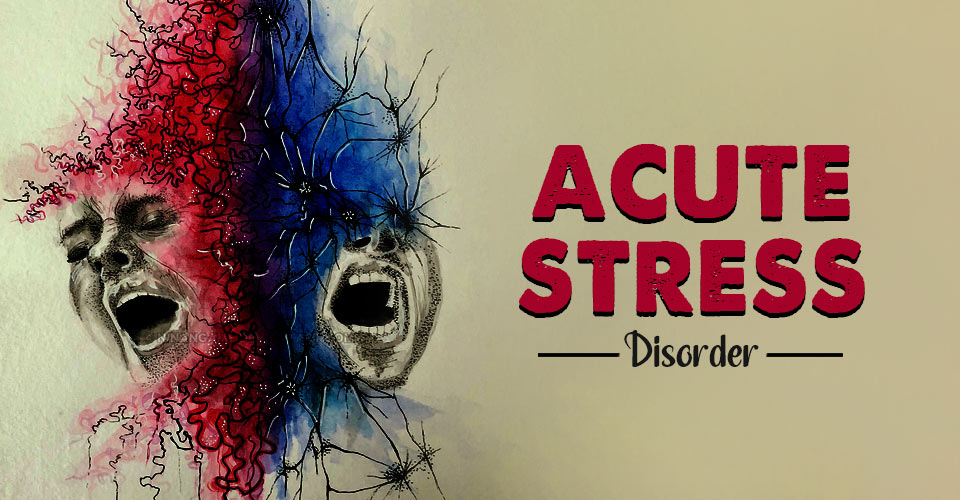Dependent personality disorder (DPD) is a mental health condition characterized by a pervasive and excessive reliance on others for emotional support, decision-making, and a constant need for reassurance. Individuals with DPD often experience intense fear of abandonment and may go to great lengths to maintain relationships. This can significantly impact their overall mental well-being and independence.
What Is Dependent Personality Disorder?
Dependent personality disorder (DPD) is a psychological condition 1 Disney K. L. (2013). Dependent personality disorder: a critical review. Clinical psychology review, 33(8), 1184–1196. https://doi.org/10.1016/j.cpr.2013.10.001 characterized by a pervasive and excessive need to be taken care of. Individuals with DPD often display submissive and clingy behavior, relying on others for decision-making and reassurance. This dependency can impact long-term mental health functioning—hindering the development of independent coping skills and self-confidence and triggering the development of mental health disorders like depression, separation anxiety, etc.
Dependent Personality Disorder Symptoms
The common 2 Fariba, K., Gupta, V., & Kass, E. (2020). Personality Disorder. PubMed; StatPearls Publishing. Available from: https://www.ncbi.nlm.nih.gov/books/NBK556058/ dependent personality disorder symptoms include:
- Excessive Need For Reassurance: Constant seeking of approval and support from others.
- Difficulty Making Decisions: Reluctance to make everyday choices without excessive advice or reassurance.
- Submissive Behavior: Willingness to submit to others’ preferences and opinions, even if it goes against personal desires.
- Fear Of Abandonment: Extreme fear of being left alone, leading to desperate attempts to avoid separation.
- Avoidance Of Responsibility: Reliance on others to fulfill everyday responsibilities and decision-making.
- Difficulty Initiating Tasks: Hesitation or inability to start projects or activities independently.
- Lack Of Self-Confidence: Low self-esteem and doubt in one’s abilities without constant support from others.
- Tolerance Of Poor/Abusive Treatment: Acceptance of mistreatment or neglect to maintain relationships.
Causes Of Dependent Personality Disorder
The common 3 Afonso, B. R., Carvalho, R. S., & Silva, F. M. (2023). Dependent Personality Disorder and Intimate Partner Violence: the “Perfect Marriage”. European Psychiatry, 66(Suppl 1), S968. https://doi.org/10.1192/j.eurpsy.2023.2057 causes of dependent personality disorder include:
- Genetic heritability, or the transmission of disorders through genes
- Disruptions in early attachment patterns or overly protective parenting
- Inherent personality traits such as shyness or passivity
- Environmental factors like trauma, chronic stress, and negative childhood experiences
- A family history of personality disorders, panic disorders, depression, or anxiety
- Having a chronic physical illness in childhood
How Does Dependent Personality Disorder Affect Mental Health?
Dependent personality disorder symptoms can impact mental health in a number of ways 4 A Widiger T. (2011). Personality and psychopathology. World psychiatry : official journal of the World Psychiatric Association (WPA), 10(2), 103–106. https://doi.org/10.1002/j.2051-5545.2011.tb00024.x :
- Limited Independence: Struggles with independent decision-making and action.
- Impaired Self-Esteem: Reliance on others for validation can undermine self-worth.
- Difficulty Handling Criticism: Sensitivity to criticism due to fear of rejection or abandonment.
- Vulnerability To Exploitation: Tendency to be taken advantage of due to submissive behavior.
- Social Isolation: Over-reliance on a few individuals may limit social interactions.
- Anxiety And Worry: Constant fear of being alone or losing support can lead to chronic anxiety.
- Impact On Relationships: Dependency may strain relationships as it places a burden on others.
- Occupational Challenges: Difficulty taking initiative at work may hinder career advancement.
- Risk Of Depression: Chronic dependency can contribute to feelings of helplessness and despair 5 Versaevel, C., Martin, J. B., & Lajugie, C. (2017). Liens entre la dépression et la dépendance interpersonnelle : l’importance du locus de contrôle [Links between depressive disorders and dependent personality disorders: The important effect of locus of control]. L’Encephale, 43(3), 217–222. https://doi.org/10.1016/j.encep.2015.12.014 .
Read More About Self-Esteem Here
How To Diagnose Dependent Personality Disorder
Diagnosing dependent personality disorder (DPD) typically involves a comprehensive assessment conducted by mental health professionals. These assessments consider the duration and intensity of symptoms, their impact on daily functioning, and any underlying factors contributing to the dependency.
Clinicians rely on clinical interviews to gather information about the individual’s thoughts, emotions, and behavior. Specific criteria 6 Ramsay, G., & Jolayemi, A. (2020). Personality Disorders Revisited: A Newly Proposed Mental Illness. Cureus, 12(8), e9634. https://doi.org/10.7759/cureus.9634 outlined in the Diagnostic and Statistical Manual of Mental Disorders (DSM-5) are used to identify key dependent personality disorder symptoms. Additionally, self-report questionnaires and input from close friends or family may provide valuable insights.
The diagnostic process also involves ruling out other mental health conditions and considering the context of the individual’s life. Since dependent personality disorder shares features with other personality disorders and mood disorders, careful differential diagnosis is crucial.
Dependent Personality Disorder Treatment
Dependent personality disorder treatment usually encompasses a combination of 7 Durvasula R. S. (2017). Personality Disorders and Health: Lessons Learned and Future Directions. Behavioral medicine (Washington, D.C.), 43(3), 227–232. https://doi.org/10.1080/08964289.2017.1337403 :
- Cognitive-behavioral therapy (CBT) targets negative thought patterns and behaviors, promoting independence and self-efficacy.
- Psychodynamic therapy explores underlying emotional conflicts and attachment issues contributing to dependency.
- Group therapy provides a supportive environment for individuals with dependent personality disorder to share experiences, learn from others, and develop social skills.
- Family therapy involves family members to address dynamics that may contribute to dependency and to promote healthier relationship patterns.
- Medication such as antidepressants or anti-anxiety medications may be prescribed to address co-occurring symptoms such as depression or anxiety.
Read More About Cognitive Behavioral Therapy (CBT) Here
How To Overcome Dependent Personality Disorder
Consider the following tips 8 Johnson, S. C., & Elbogen, E. B. (2013). Personality disorders at the interface of psychiatry and the law: legal use and clinical classification. Dialogues in clinical neuroscience, 15(2), 203–211. https://doi.org/10.31887/DCNS.2013.15.2/sjohnson on how to overcome dependent personality disorder:
- Acknowledge DPD: Recognize and accept the presence of dependent personality disorder as a crucial first step.
- Skills Training: Participate in programs to enhance autonomy, decision-making, and assertiveness skills.
- Gradual Exposure: Confront and overcome fears of independence through small, gradual steps.
- Build A Support Network: Cultivate a diverse network for encouragement and guidance in fostering independence.
- Self-Reflection: Engage in introspection to identify and challenge negative beliefs about capabilities and self-worth.
- Set Realistic Goals: Establish achievable goals to promote personal growth and autonomy.
- Mindfulness Techniques: Learn and practice mindfulness to manage anxiety and stress, facilitating emotion regulation.
Read More About Mindfulness Here
Living With Someone With Dependent Personality Disorder
Living with someone with dependent personality disorder (DPD) involves navigating the challenges 9 Geurtzen, N., Keijsers, G. P. J., Karremans, J. C., & Hutschemaekers, G. J. M. (2018). Patients’ care dependency in mental health care: Development of a self-report questionnaire and preliminary correlates. Journal of clinical psychology, 74(7), 1189–1206. https://doi.org/10.1002/jclp.22574 of offering emotional and practical support while encouraging independence. Caregivers may find themselves in a delicate balance, promoting open communication, setting boundaries, and supporting the individual’s engagement in therapy. Patience and understanding are key in fostering a supportive environment that encourages gradual growth towards independence.
Takeaway
Dependent personality disorder presents challenges in autonomy and decision-making. Yet, through psychotherapy, skills training, and a supportive network, individuals can overcome these challenges. Embracing self-awareness, setting realistic goals, and practicing mindfulness are key steps in fostering personal growth and resilience for those dealing with DPD. Recognizing the impact and adopting a holistic approach is crucial for promoting independence and mental well-being.
At A Glance
- Dependent personality disorder (DPD) is characterized by an excessive need for care, leading to submissive behaviors and reliance on others.
- Dependent personality disorder symptoms include seeking constant reassurance, difficulty making decisions, and a fear of abandonment.
- Causes of dependent personality disorder comprise genetic heritability, early attachment disruptions, and environmental stressors.
- The disorder can impact mental health by limiting independence, fostering low self-esteem, and increasing vulnerability to exploitation.
- Dependent personality disorder treatment encompasses psychotherapy, medication, and support groups.
- Measures on how to overcome dependent personality disorder involve acknowledging the disorder, skills training, building a support network, self-reflection, setting realistic goals, and practicing mindfulness.
Frequently Asked Questions (FAQs)
1. Do people with dependent personality disorder remain dependent for their whole lives?
People with dependent personality disorder can improve with treatment, but the degree of dependency may vary throughout their lives.
2. Who is most at risk of dependent personality disorder?
Individuals with a history of early attachment disruptions, chronic stress, or overly protective parenting may be more at risk of developing dependent personality disorder.
3. What is the opposite of dependent personality disorder?
The opposite of dependent personality disorder is typically considered self-sufficiency or assertiveness.
4. Is dependent personality disorder hereditary?
While genetic factors may play a role, dependent personality disorder is influenced by a combination of genetic, environmental, and developmental factors.




